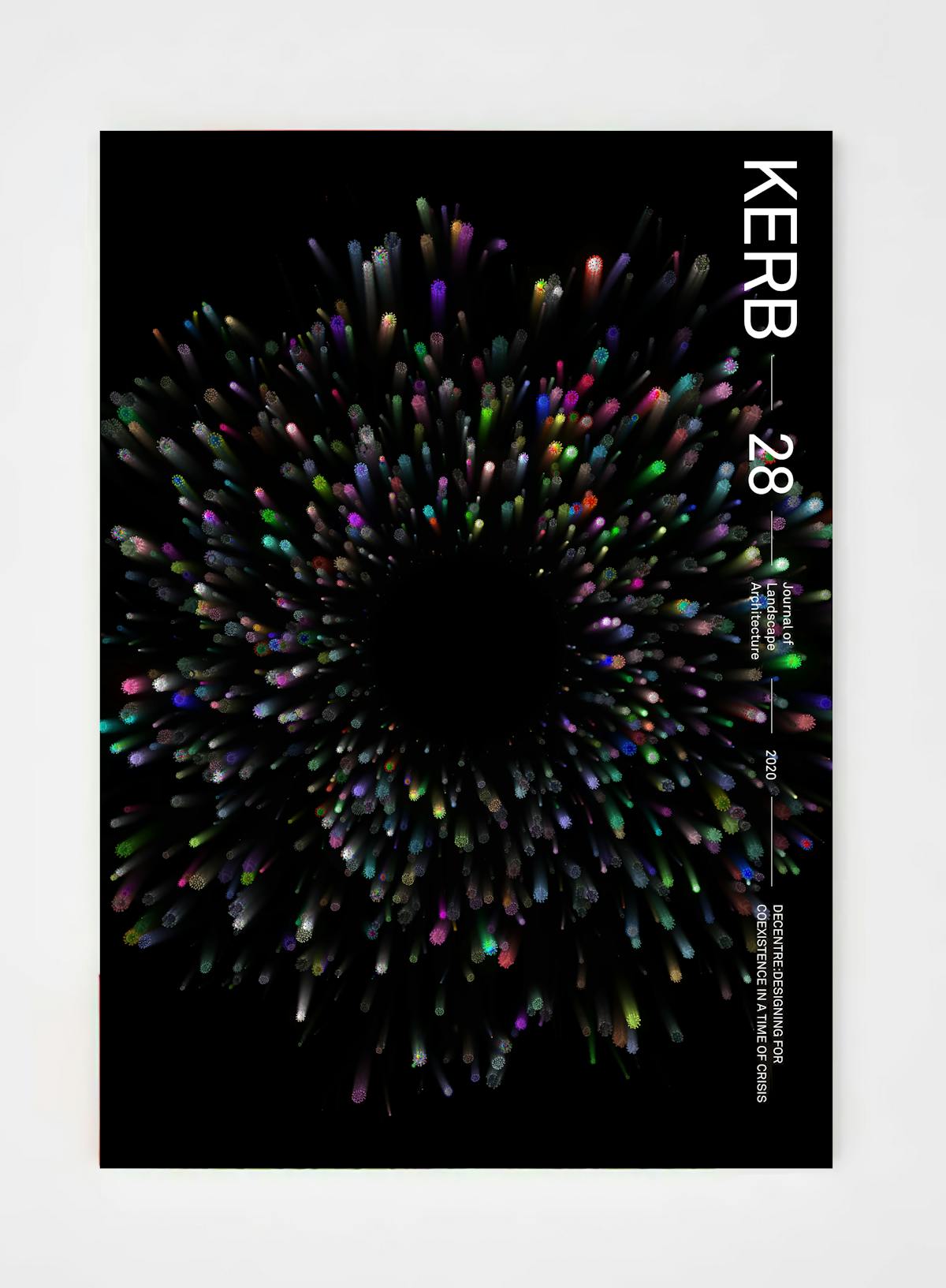‘…he began to experience an uneasy feeling, as if something unpleasant was about to take place; so he returned to see what the person was like … until he came to the spot and saw that the person had disappeared, so he looked around, hoping to see footprints that would lead to him. But there were no footprints, and now he was convinced that this strange person was an enemy. A friend will always leave a footprint—this is the teaching of the Aborigines. So he thought to himself, like all wise men do, that he would always be on the alert…’1David Unaipon
‘A friend will always leave a footprint’, David Unaipon teaches us—and those who don’t leave footprints can be enemies. Each person’s footprint is like a signature; any tracker can tell you this. You can read it and report who it is, where they are going, and even when they set out. Your home camp is full of friendly footprints telling you things. But when you have that ‘uneasy feeling’ and the footprints are not there, you wonder if some kind of sorcery is at play.
It is then that you must be on the alert, reading ever more signs, as all your senses, your memory, your knowledge are focussed on … nothing in particular, since this something that might appear is yet to be actualised. It is a virtual reality, because it is ‘inaccessible to the senses’ as philosopher Brian Massumi says.2 But will it be any help to put on a VR headset? Not in this case, where ‘traditional’ knowing of Country is involved, knowing I might define as an alertness to continual (i.e. non-binary; non-discrete) transformations.
This little essay, without being romantic or suffering accusations of being backward-looking, will argue that the newer means of accessing knowledge of Country with digital productions are not so much representing it, as translating it for other purposes that take place elsewhere, mobilising a different range of technologies from those that are in play for trackers, among ranger groups caring for Country, or on walking trails hosted by traditional owners.
Footnotes
-
D. Unaipon, Legendary Tales of the Australian Aborigines Melbourne, University of Melbourne Press, 2001, p. 127. ↩
-
B. Massumi, Parables for the Virtual: Movement, Affect, Sensation, Durham: Duke University Press, 2002, p. 133. Note that he has an essay here, ‘On the Superiority of the Analogue’ 133-43. ↩
